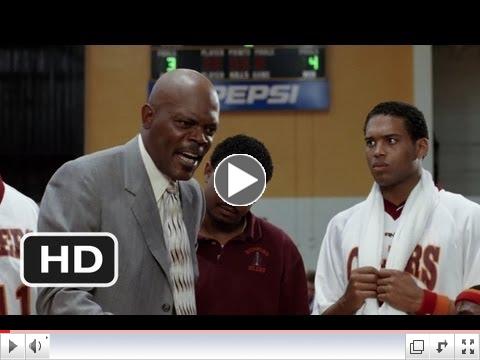Greetings!
During the period 1991 - 1992, I happened to come across an article in the Jan 1991 issue of Military Review titled "The Master Weapon: The Tactical Thought of J.F.C. Fuller Applied to Future War" by a then-Major Anthony M. Coroalles, US Army. It was this article that got me reading J.F.C. Fuller's writings, and it benefited me tremendously during my tenure in the Armed Forces. For those who wish to read more, there is a link to the article here. You could also refer to the SAFTI MI Library for the original version.
 In the article, Major Coroalles asserts that the "master weapon" of the future, as seen from the 1991 perspective, could very well be the attack helicopter, not the tank and not artillery. The "master weapon" was not necessarily the "decisive weapon", but would be instrumental in determining who set the pace of operations in the battlespace. Since then, many wars have been fought, and attack helicopters have certainly played instrumental roles in those wars, but whether they were actually "master weapons" is, to my mind, debatable. That is not important. What is important is recognizing that agility is key if we wish to be pace-setters in both the military and corporate battlespaces.  | | Coach Carter (7/9) Movie CLIP - Timeout Pep Talk (2005) HD |
During the final game as seen in the movie "Coach Carter", the players are exhorted to "...set the tempo of the game! WE make THEM play Richmond Oiler ball...". That is a great and simple illustration of what being agile in setting the pace of operations is all about. Is your business "setting the pace" where operations is concerned? What contributes to being able to do that? 1. Actual culture. Peter Drucker is supposed to have said "Culture eats strategy for breakfast". Whether he did say that, or words to that effect, is not important. What IS important is to recognize the importance of manifested culture versus espoused values, for culture is the flip side of the coin of religion, beliefs and values. No matter how good any strategy is, your business needs to have the culture that is able to support such a strategy. No business can be truly agile if it does not have a good corporate culture. 2. Principle-Led Thinking. I have often observed that people tend to operate, discuss and argue at what I call the "Methodology" level. By itself, this does not necessarily lead to problems and is often needful when discussing very specific issues. However, remaining at this level invites several issues relating to different contexts and frames of reference, I have observed that most people tend to devolve to the "Methodology" level in almost all aspects of existence. What is more helpful is to remember to move up to the level of "Principle-Led Thinking". Once right principles guide our thoughts and words, they are then expressed and applied in our actions, and can be expressed in several different and innovative ways. Once these two are in place, I believe any business has the potential to become extremely agile, delivering great value to all stakeholders in "good" times and "bad". So, remember that the "Master Weapon" is not the "Be-all-that-ends-all". It is the new technology, system, process, invention, whatever it is, that your already robust and forward-looking culture is able to take in and adapt to your greatest advantage! So, ask yourself this week, "What is MY Master Weapon?" Go well! |